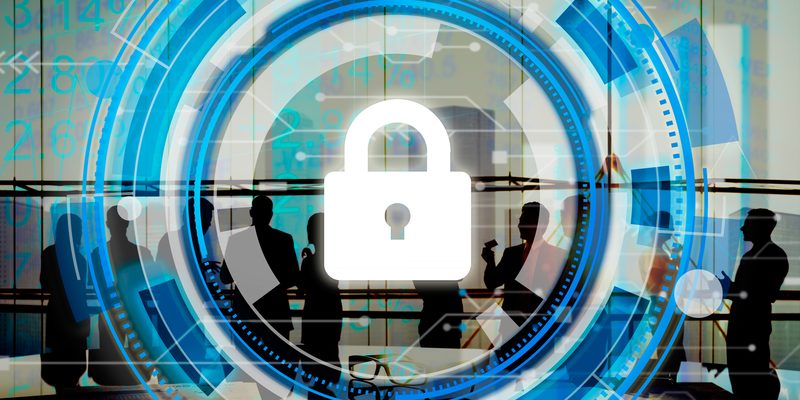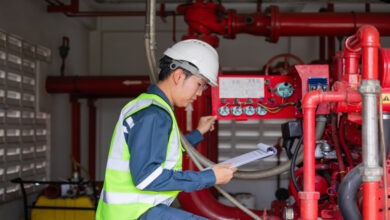
The Security Priorities of Modern Businesses
The needs of modern businesses have evolved in terms of security. Cybercrime has seen a dramatic shift in how companies protect themselves. It is also clear that modern businesses have a wide range of security needs. This article will examine what these are and what you can do about them.
Internet and cybersecurity
One of the primary focuses of any modern business must be cyber protection. Cybercrime costs the US business sector more than any other type of crime. Therefore, any business security strategy must begin with cyber safety and internet security. However, even though this is a paramount aspect of business security, don’t overlook other areas requiring your attention.
Physical structure security
The safety of the actual business premises is still one of the critical aspects of business security. Remember that the actual product, tools, and supplies need a physical place to be stored and accessed. As such, there must still be physical building security, which is a significant component of your overall business security.
You also need to ensure that the building is safe for work. This is where the importance of health and safety checks comes in. You may conduct your risk assessments and maintenance checks, identifying any issues. This is when you’ll need to bring in anything from a commercial roof replacement to better health and safety equipment. However, you need to stay on top of things to be aware of what work needs to be done.
24/7 safety at ground level
As long as your business has a physical venue from which you operate, a place where data and information are stored, and a warehouse and storage point for goods, you will need physical security on an ongoing basis. Regardless of where this is, it is not on the high street or in the public eye. Monitoring and managing access to such sites, using CCTV to record and manage any entry, searches upon exit, and physical barriers are all essential and complement the technology that can be used and is available to protect you and your business.
Prevention
It is well known that preventing something is far better than a cure, so take this approach with your security. Please don’t wait for something to happen to fix it then; prevent it from ever happening in the first place. For example, there are easy ways to prevent vandalism, like installing loitering devices. If teenagers can’t approach your building because of this, they are unlikely to cause any destruction.
Make sure that you secure all your assets and keep them locked up. You will also want to implement a clear desk policy and ensure server rooms are kept locked and under surveillance at all times. You can also prevent a range of online and cybersecurity risks by ensuring you have up-to-date systems, changing passwords regularly, providing staff with regular training on security protocols, installing relevant malware protection on your systems, and more. If you work in a project-based business, then you will also need to consider reducing security risks when it comes to automated deployments and how you can reduce risks and manage DevOps Secrets.
The personnel to respond
What happens to all the security recordings? Who’s watching the access control, and who is responsible for ensuring that all the systems work and are kept up to date? These are pertinent questions; no protocol or design will be complete without the personnel responding. Yes, you can relay any concerns directly to the police and authorities, but if you want an immediate response, you will need to consider a professional firm.
They should be involved in the system’s set-up, training on all the associated gadgets, and responding immediately to any breaches. In addition to reporting on ongoing changes in threats, areas that have been protected, and any necessary statistics to motivate changes.
The requisite insurances
Lastly, your business insurance should be an integral part of your security system. It is generally related to the perceived risks you intend to mitigate against, such as theft and loss of data and resources.
A competent system can be incredibly complex to implement. The advice in this article will provide you with a straightforward process to get the best security your business can afford.






